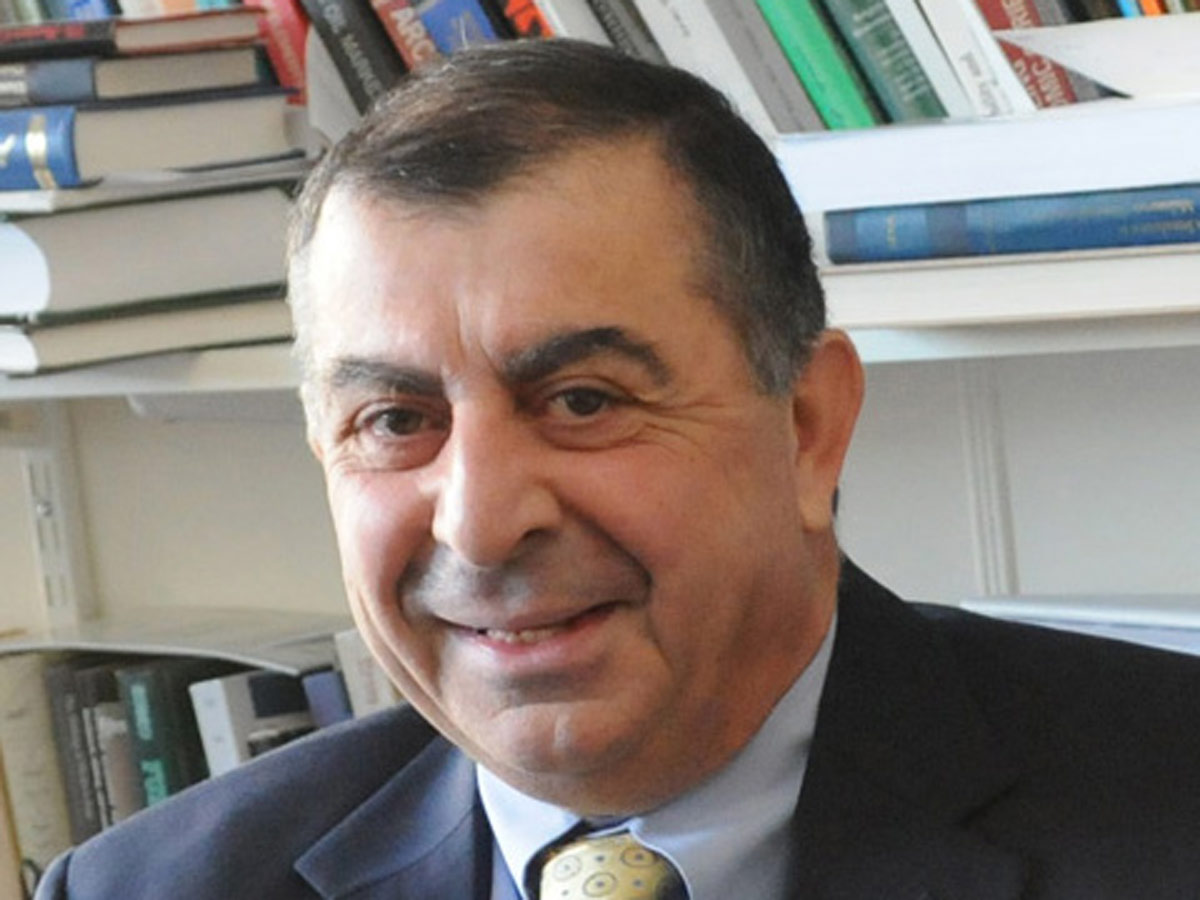Baku, Azerbaijan, August 3
By Dalgha Khatinoglu -- Trend:
An economic expert says Iranian President Hassan Rouhani's assertion that the country is likely to reach a sustained economic growth of 8 percent is not far-fetched.
Mr. Rouhani has said that after sanctions are lifted and Iran's blocked funds are freed, they will be used for investment in productive economic activities, and would not be wasted on import goods for distribution.
"This is a commendable plan. The question is whether he has the authority to deliver on his promise," Professor of economics at US Northeastern University Kamran Dadkhah told Trend August 3.
There are those in positions of power and those associated with religious foundations who would want to benefit from using the funds to import luxury goods or simply invest it abroad; there are also those officials who would want to spend a good portion of the funds to defend the Syrian government, help Hezbollah, etc., Dadkhah said.
It's expected that billion dollars of Iran's blocked assets abroad would be release after sanctions on its economy are lifted. The blocks will be freed following the implementation of a comprehensive deal between Iran and the group 5+1 (the US, UK, France, Russia, China, and Germany) reached July 14.
"The goal of single digit inflation is the right goal. Indeed, Iran should aim for the annual inflation rate of between 2 and 3 percent. This is a practical and attainable goal. The policy instrument for achieving it is the control of money supply," Dadkhah said.
Iran's inflation rate decreased from above 35 percent in 2013 to below 15 percent currently.
"I am hopeful that by the end of my term, inflation will turn into a one-digit number, and sustainable at that, which has been a dream of 40 years for Iranians," Rouhani asserted August 2.
Iran and P5+1 (the US, UK, France, Russia, China and Germany) achieved the nuclear deal on July 14 and it's expected that the sanctions would be removed by the end of 2016.
"The Central Bank should become independent and assigned the goal of controlling inflation within 2-3 percent annually. The question is whether the Rouhani and subsequent governments have the will power to initiate such a policy and stick to it through ups and downs in the economy."
The expert added that the Iranian economy has the prerequisites of sustained growth.
Iran's GDP decreased from $557.9 billion in 2012 to $415.3 billion in 2014, according to the World Bank's estimation.
"Iran has natural resources, a skilled labor force, and a strategic location. In the past three and a half decades it has suffered from wrongheaded policies. But sustained growth requires structural changes in the Iranian economy. In particular the country should move toward a free market oriented economy with less government intervention," Dadkhah stated.
"Given that the Iranian economy has suffered greatly in the past thirty-six years, under right circumstances it can grow fast during the early years of recovery. Thus, an 8 percent growth especially in the early years of recovery is not out of the questions. In the long run it would be difficult to sustain an 8 percent grow rate but it is not impossible. Let us recall that between 1959 and 1977, the Iranian economy grew at an average annual rate of 10 percent. This extraordinary growth was not due to increase in oil production or prices. If we exclude oil, during the same period the average annual growth rate was 11 percent."
Edited by CN






